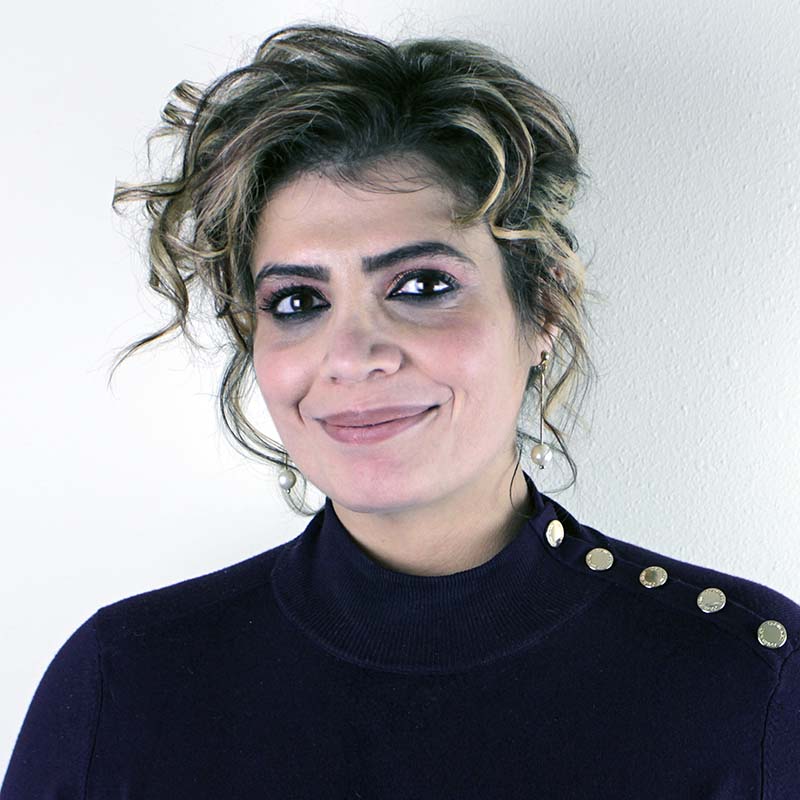Is “ability to multitask” front and center on your resume? Do you have thirteen tabs open in your web browser right this moment, and are genuinely going to get to all of them? Is multitasking your superpower? Your Achilles heal? Both?
I ran across this image on the internet the other day, and it got me thinking about the concept of single tasking.
Is multitasking contributing to the perpetual feeling of never having enough time in the day? Have I fallen into the trap of overwhelm, created by myself and compiled by the bombardment of modern technology?
So, yesterday morning I sat down at the table to eat breakfast. My phone was upstairs, my computer in the car, and I didn’t feel compelled to get either. I sat there, methodically eating my pancake, and eureka, this is single tasking. I peeled an orange, paying attention to the smell, the texture, the fact that I was entranced by peeling an orange. Being present for a meal all by myself was something that I haven’t done in I don’t know how long. I am studied in the art of mindfulness and even mindful eating: http://themindfulcenter.com/abc-news-nightline-interested-in-mindful-eating/ but this was different this was simply not doing ten things at once. Simple.
Here’s the cold hard truth behind what happens when we multitask. Our attention is fractured. A bunch of things get a small percentage of our attention. This divided attention is actually wasting time. How can that be? It feels like you are so efficient. Because it takes time to refocus on the important task, it takes time to retrace your steps pick up where you left off. And let’s be honest, in the midst of all of those tasks are at least a few mindless indulgences that aren’t necessarily a bad thing, we all need breaks, but they aren’t the priority.
People reported in this experiment by researchers for NPR: http://www.npr.org/sections/alltechconsidered/2016/02/11/466177618/information-overload-and-the-tricky-art-of-single-tasking that the amount of multi-tasking that they were accustom to gave them anxiety, caused sleeping problems and had impacts on personal relationships. Ouch. We know that it looks bad if we’re on our phones in a meeting, we feel guilty if instead of playing with our children we are frantically responding to emails, and we do it anyway.
We are told by society not to be rude, pay attention where appropriate, ladies and gentlemen, please silence your cell phones before every public performance. But we are also told that we have to meet the deadline, have to keep all of the balls in the air at once, have to be in the know, we’re seduced by the latest app, and allured by likes to our photos. We are given conflicting priorities, and it’s not easy to live in the middle ground.
What happens when you slow down and focus on one task at a time?
You are better able to solve complex problems in a shorter amount of time. Your stress levels fall. You are wasting less time and energy on tracking your tasks and spending more on completing them. You become better at managing your time. Single tasking allows you to identify better what the ineffective uses of your time are. You can then start making more conscious decisions about whether or not you want to engage in those or not. Best of all you bet to savor the feeling of completion, there is great satisfaction in crossing something off your to-do list, knowing that you have accomplished what you set out to do.

Clinical Director Therapist
Lana Reihani, LPCC, is a Clinical Mental Health Therapist, Clinical Supervisor, and Clinical Director with Sage Neuroscience Center. She is passionate about strengthening evidence-based clinical practices with radical empathy and a touch of humor, delivered with safety, equality, and diversity in mind. In her free time, Lana loves to learn, cook, find the best light for selfies, share amazing memes, and watch trashy reality TV.
Read Lana Reihani’s Full Bio | Browse All Articles Written by Lana Reihani, LPCC
